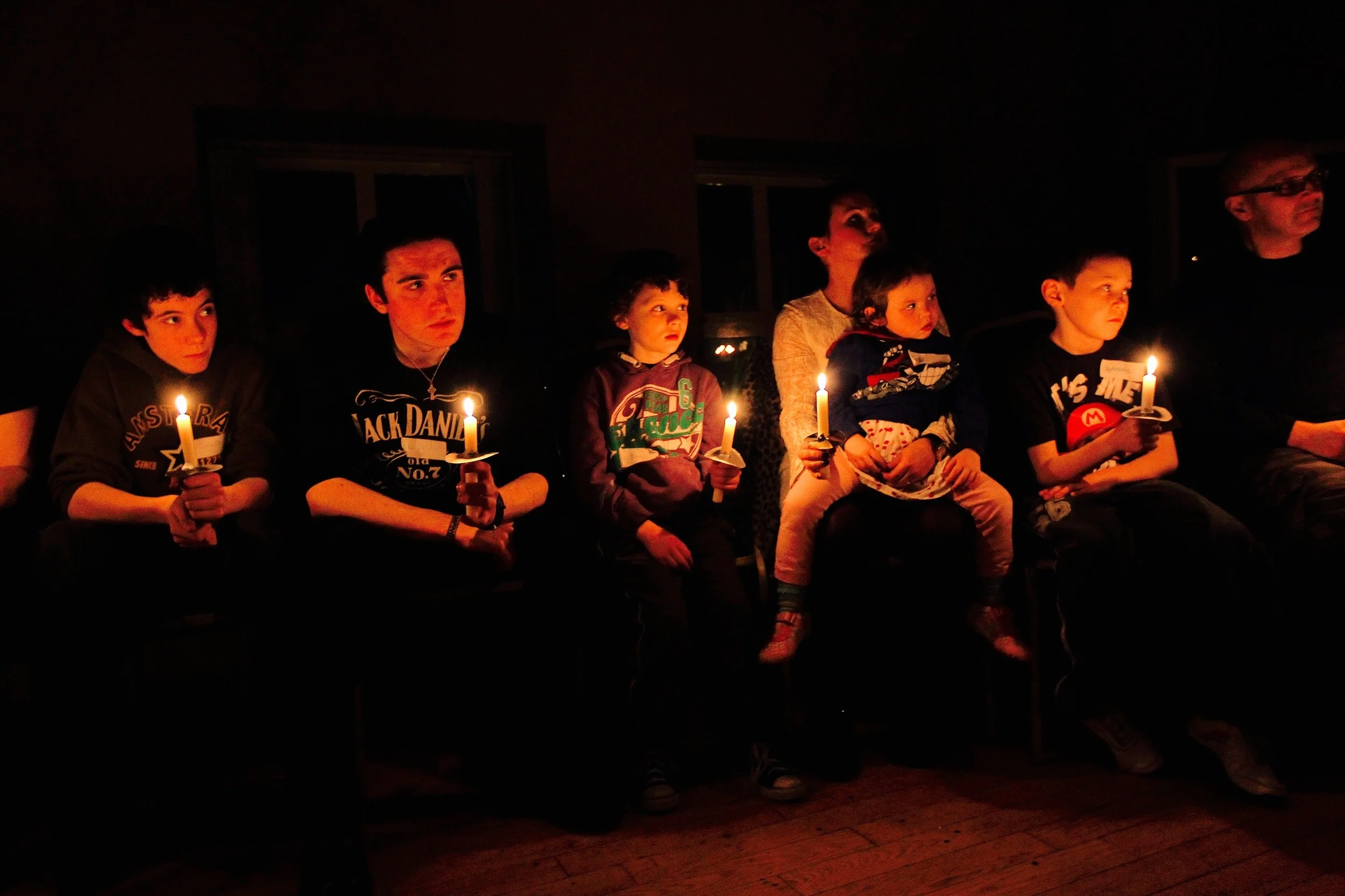Special days when people tend to come together can be a very upsetting and overwhelming time when missing someone special. This could include times of the year such as, Easter, Christmas, Birthdays, Anniversaries, Diwali, Eid, Hanukkah & Ramadan to name a few. However, there are ways in which you can remember them and honour their memory to make the day easier to cope with, check them out below:
Light a candle or hold a candle ceremony in their memory
You may want to light a candle as a way to pay tribute to your loved one, especially at an occasion they would have previously been present at. Or, you could hold a candle ceremony for your loved one. This can be held with family or friends and every time a person from the group shares a memory or tribute to your loved one, they light a candle. It’s a lovely way to include your loved one in your special occasions.
Practice old traditions in their memory
Special times of year can bring about traditions which people take part in together. These could be putting up the Christmas decorations, baking, exchanging gifts, watching a movie- maybe these are things you did with your loved one who has died. Whatever it may be, if you find comfort in continuing these traditions in their memory, then do just that.
Save a seat for them
Save a seat for your loved one around the table, on the sofa - wherever you spend time on those special days. This can help to make it feel like your loved one is still part of those special days.
Create new traditions
Maybe you don’t want to practice the old traditions without your loved one, and that is ok. Instead, you could make new ones in their memory.
Write a letter to them
Write or type a letter to your loved one. You can put down anything you wish you could say to them or tell them about. This can act as an outlet for your grief.
Buy them a gift
This may not be for everyone, but buying a gift or writing a card to your loved one may bring you comfort when missing them most.
Do something they enjoyed
Do something they enjoyed as an act of remembrance. This could be eating their favourite food, watching their favourite movie or visiting somewhere which was special to them.
Create an online tribute for them
Cruse Bereavement Support have created a ‘Sea of Yellow Hearts’ as a way to invite individuals to remember their special loved one by sharing a photo and message online.






